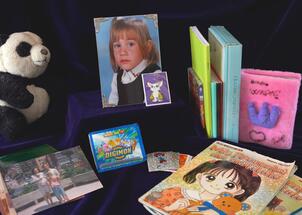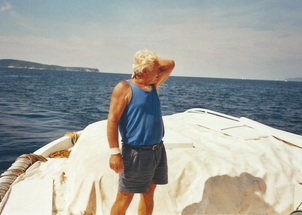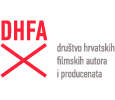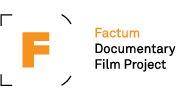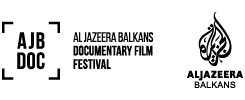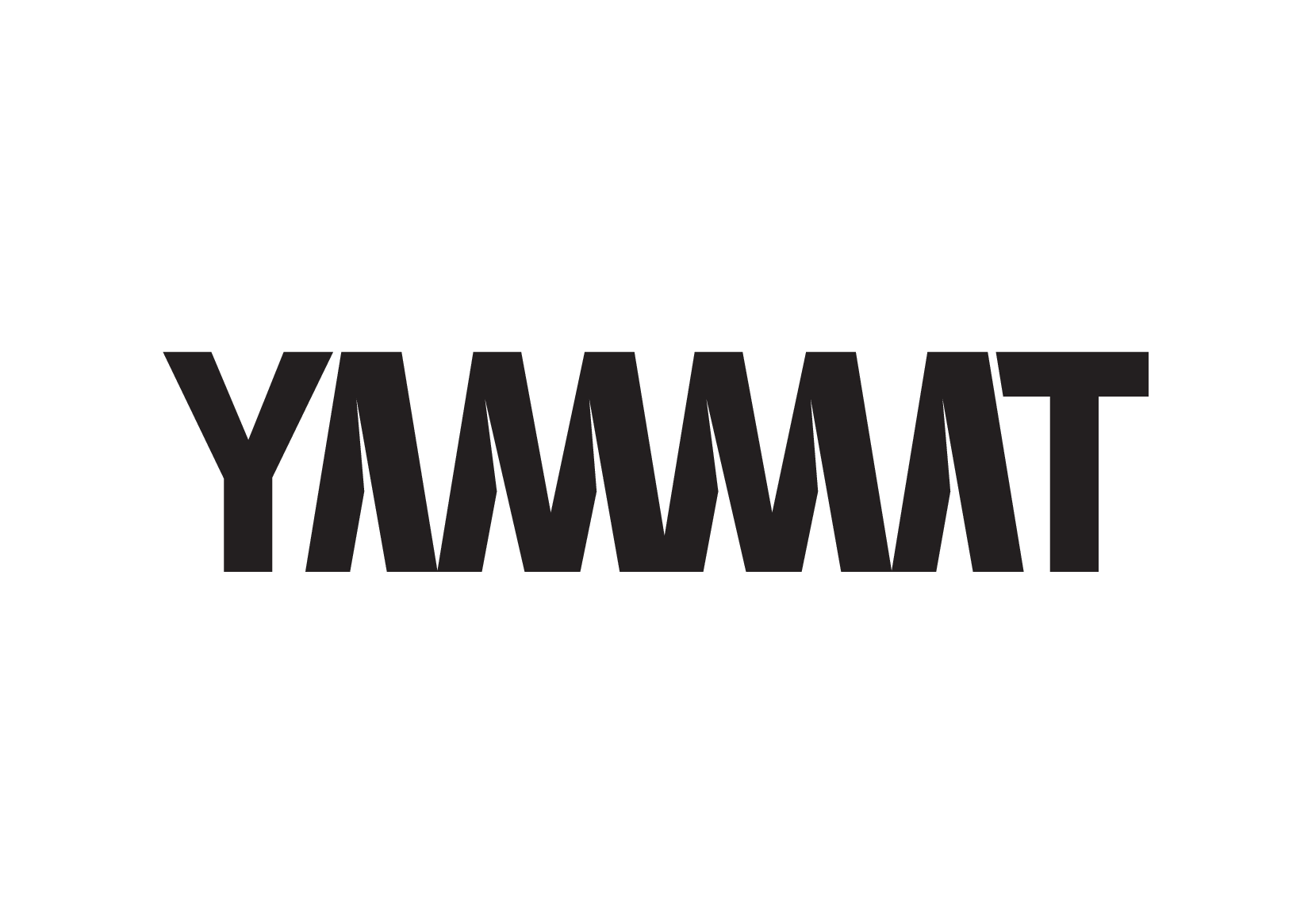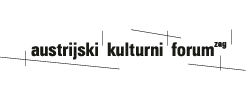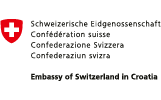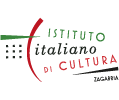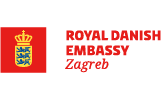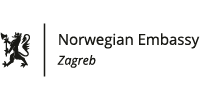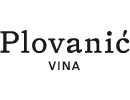Films by Masters of Documentary, as Well as Those Addressing ‘masters in the Making’
11.4.2024.
Masters of Dox and Teen Dox sections, jury members of the anniversary ZagrebDox, Hrvoje Hribar’s author’s night
ZagrebDox’s long-standing programme segment, Masters of Dox, features four recent films by filmmakers whose names we mention with the greatest respect when we talk about documentary films. Watching the documentaries of prominent American author Frederick Wiseman, British documentarian Marc Isaacs, French author Claire Simon and Austrian Nikolaus Geyrhalter, winner of the Big Stamp in Regional competition at last year’s ZagrebDox, on the big screen should not be missed.
From IDFA, through Toronto, to Venice or Lisbon, just listing all the festivals visited by the legendary Frederick Wiseman’s forty-fourth documentary, Menus-Plaisirs – Les Troisgros, before ZagrebDox, would require a separate text. A lively and entertaining film about the Troisgros family takes us to the idyllic surroundings of central France, where we get to know the rules of the game that apply in the highest culinary circles, those awarded with as many as three Michelin stars. No less than the festivals that preceded ZagrebDox, the film Our Body also toured, directed by the famous French documentarian, cinematographer, editor and actress Claire Simon, whose documentary opus the ZagrebDox audience had the opportunity to get to know in 2018 through a retrospective of her films. Our Body takes a compassionate and ethical approach to a subject that has long obsessed the film industry, bringing the hidden, forgotten and neglected stories of women’s bodies through their encounters with extensive, often invasive medical interventions. A film that reveals the social dimension of things we don’t dare talk about, but should talk about, won the Best Documentary Award at the Turin Film Festival. This Blessed Plot by Marc Isaacs is a humorous story of love, loss and betrayal that follows Lori, a young Chinese filmmaker, and her efforts to document and capture the lives of people in the small town of Thaxted, Essex. The film, which was screened at the prestigious Doclisboa and IDFA documentary festivals, examines the boundaries between life and death, fact and fiction, and the origins of English myth-making, and Lori discovers that ghosts of the past offer insight into England’s present as well. Marc Isaacs is coming to ZagrebDox as a special guest, and he will also give a masterclass. With his film Stillstand, Nikolaus Geyrhalter takes us to the not-so-distant past, when everything stopped. Already in the earliest days of the pandemic, the Austrian director decided to document on film a time when filming was actually not possible: he filmed abandoned locations and interviewed people for whom the term ‘state of emergency’ suddenly became a reality. At first, the citizens of Vienna stoically take responsibility, ready to do their part for a common goal, but a second lockdown follows and the patience of some Viennese is running out. The film was screened at DOK Leipzig and Viennale.
At this year’s edition, the section called TeenDox will show eight films intended primarily for the teenage population, but of course also for all those who want to better understand those whose time is yet to come.
Boyz, Sylvain Cruiziat’s film, won a special award at the world’s largest documentary film festival, IDFA, and follows the student life of three young men from generation Z in Munich. Three friends slowly begin to move in different directions, pursue individual goals, develop their own values, yet share a common challenge: the search for recognition, love and sex. I Am Somebody, an exciting and touching film by the Dutch director Jamillah van der Hulst is an inspiring story about six children who live on the streets and are chosen to represent their country at the World Cup of street children in Qatar, after which their lives will change forever. Line Rider, a film by Slovenian director and musician Simon Intihar, follows the introvert Boštjan Čadež, whose life changes drastically after he shared his concept for a simple video game Line Rider on the Internet in 2006. A month later, the game becomes a viral sensation all over the world, and Boštjan’s newfound fame turns his life into a nightmare. Winner of a special mention at the Berlinale, the bitter and moving documentary about the relentless and desperate search for freedom Maydegol by Iranian director Sarvnaz Alambeigi is the story of an Afghan teenager who emigrated with her parents to Iran, striving to realize her dream and become a professional muay thai boxer. The young heroine is determined and will not let the conservative way of thinking of her family, the experience of physical abuse or the hostile attitude of the surrounding people towards immigrants stop her. The central question posed by Sister of Mine, the film directed by Mariusz Rusiński, which won the IDFA Best Youth Documentary award, revolves around the problem: how a talented, intelligent and elegant seventeen-year-old girl could go so drastically off course and how the family can cope with addiction and regain its functionality. Filmmaker Raquel Agea Ramos kept three diaries at different points in her life, from when she was a pre-teen to early adulthood. Once she read them all in order and realized the problem: they all deal with the same topic – boys. The experimental short documentary This Is Raquel’s Not-so-secret Diary gives us a glimpse into the uncensored mind of a girl. Silent Sun of Russia, by Danish director Sybilla Tuxen, depicts a generation of young Russians between 2018 and 2022. Three young rebels and anarchists and members of the global youth dreaming of a modern life in freedom are haunted by an all-pervading sense of anxiety and restlessness about the future. After Russia’s attack on Ukraine, they found themselves in a new reality that requires them to make difficult choices. Another Dane, Camilla Magid, directed the film Fighting Demons with Dragons, which follows three students of one of the most unusual schools in the world through two school years: there, the teaching takes place through role-playing, and the students learn to face trauma and their fluid identities metamorphoses through disguises and metamorphoses.
The best film of the TeenDox section will be decided by a jury composed of female students of Zagreb’s 16th High School.
Austrian director Valerie Blankenbyl, Danish director Lea Glob and director Hrvoje Hribar decide who will win the Big Stamp in International Competition, and in Regional Competition director of photography, professor and publicist Enes Midžić, director Tomislav Mršić and Italian writer and film critic Alessandro Stellino. Film producer Miljenka Čogelja, consultant and critic Tue Steen Müller and editor Tomislav Pavlic will award the Small Stamp, an award given for the best short documentary film, and the best film by a young author will be decided by theatre director and theatre scholar Snježana Banović, screenwriter Hrvoje Osvadić and director Biserka Šuran. The Movies That Matter award for the achievement that promotes human rights in the best way will be awarded by journalist, historian and publicist Tihomir Ponoš, journalist and director Vedrana Pribačić and deputy ombudsman Tatjana Vlašić. The FIPRESCI award for the best film from Regional Competition will be awarded by members of the international film critics federation FIPRESCI, Igor Angjelkov, Hamed Soleimanzadeh and Milena Zajović.
The chair of the jury for the International competition, the always busy Croatian director Hrvoje Hribar, known for one of the most successful Croatian feature films What’s a Man without a Moustache, has only shot two documentaries during his long career. One of them, the multi-awarded and extremely successful medium-length documentary Bil jedon from 2001, will be shown as part of the Author’s Night at ZagrebDox, followed by an interview with the director, hosted by film critic Diana Nenadić.
Tickets can be purchased in presale and during the Festival at the box office of the Kaptol Boutique Cinema (Centar Kaptol, Nova Ves 17), at the ticket machines in the lobby of the cinema and online at www.kaptolcinema.hr
ZagrebDox takes place with the support of the City of Zagreb, Croatian Audiovisual Centre, Kultura nova Foundation, Croatian Film Directors Guild and the City of Zagreb Tourist Board.










